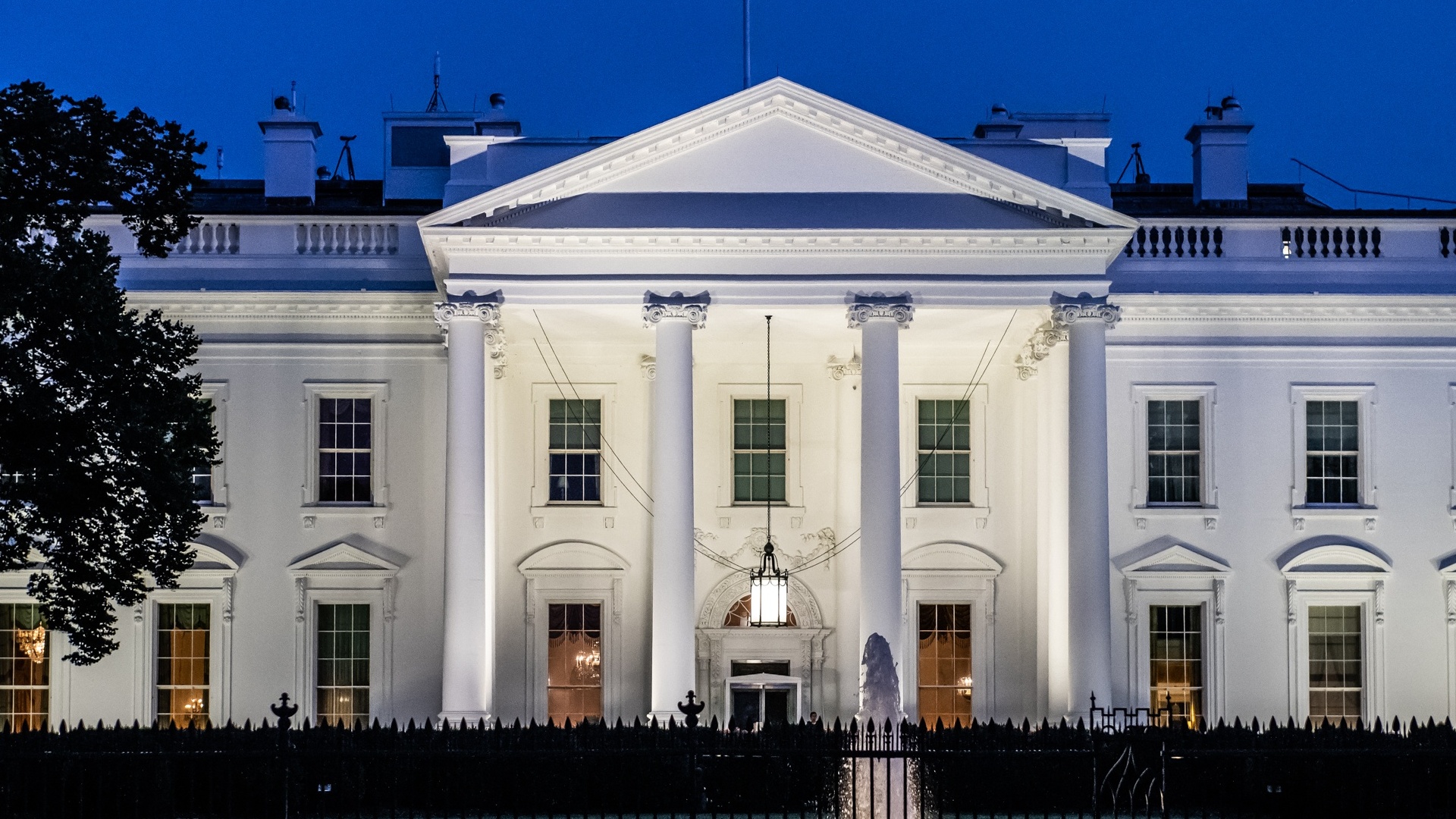Update (July 14, 2020): In a surprising announcement on Tuesday afternoon, U.S. District Judge Allison Burroughs said the Trump administration will not go forward with a plan to revoke the visas of international students, The Hill reported.
“I have been informed by the parties that they have come to a resolution. They will return to the status quo,” Burroughs told the court before oral arguments in a case against the federal government were set to begin.
The White House has faced unprecedented backlash and criticism after announcing last week that any international students taking courses solely online would have their visas taken away from them.
Harvard University, Columbia University, the Massachusettes Institute of Technology and a score of other institutions and 17 states sued the federal government after U.S. Immigration and Customs Enforcement made the announcement.
A White House source told CNN that the move was even being criticized within the administration for being poorly thought out. Another source said White House officials were now looking to apply the same policy to new students who have not arrived in the United States yet.
There are more than 1 million international students currently in the United States, and hundreds of universities are still trying to figure out whether to hold in-person classes or move all courses online.
Students and schools were outraged last week when acting Homeland Security Deputy Secretary Ken Cuccinelli told CNN's Brianna Keilar, "If a school isn't going to open or if they're going to be 100% online, then we wouldn't expect people to be here for that."
The original lawsuit filed by Harvard University and other schools states the decision by ICE was seen as an underhanded way to force schools to reopen. There is already a rule in place saying students must attend in-person classes in order to obtain certain student visas, but in March, ICE allowed students to stay in the country in light of the coronavirus pandemic, The Hill reported.
Original (July 9, 2020): Harvard University and the Massachusetts Institute of Technology are standing against the Trump administration's new law, which prohibits international students from staying in the U.S. if they're taking classes entirely online in the fall. According to The Wall Street Journal, the institutions sued the administration in federal court Wednesday.
The complaint is seeking to block the government from enforcing the rule with a temporary restraining order. The rule was established by U.S. Immigration and Customs Enforcement (ICE) on Monday. The heavily criticized restriction against international students comes during a time when many schools are offering only online classes because of the coronavirus pandemic.
“ICE’s action proceeded without any indication of having considered the health of students, faculty, university staff, or communities. … or the absence of other options for universities to provide their curricula to many of their international students,” the suit states.
The complaint names ICE, along with the Department of Homeland Security (DHS) and their acting leaders.
In an interview with CNN, Acting Deputy DHS Secretary Ken Cuccinelli defended the law.
"This is now setting the rules for one semester, which we'll finalize later this month that will, again, encourage schools to reopen,” Cuccinelli said.
Acting Deputy DHS Secretary Ken Cuccinelli defends forcing international students to leave US if classes go online: “This is now setting the rules for one semester, which we'll finalize later this month that will, again, encourage schools to reopen” https://t.co/fiSJbj2xuO
pic.twitter.com/tj5I7Fldts— CNN Politics (@CNNPolitics) July 7, 2020
According to The Wall Street Journal, 1.1 million international students attended U.S. colleges in the 2018-19 academic year, bringing in massive revenue for schools by paying higher tuition rates.
Harvard President Lawrence Bacow released a statement announcing the lawsuit.
“We believe that the ICE order is bad public policy, and we believe that it is illegal,” Bacow wrote. "We hope and intend to resume full in-person instruction as soon as it is safe and responsible to do so. But, until that time comes, we will not stand by to see our international students’ dreams extinguished by a deeply misguided order. We owe it to them to stand up and to fight—and we will.”
MIT President L. Rafael Reif also released a statement, saying the plan “disrupts our international students’ lives and jeopardizes their academic and research pursuits.”
The announcement from ICE states that "students attending schools operating entirely online may not take a full online course load and remain in the United States."
"The U.S. Department of State will not issue visas to students enrolled in schools and/or programs that are fully online for the fall semester nor will U.S. Customs and Border Protection permit these students to enter the United States," ICE stated.
The agency is threatening international students with deportation if they take only online classes, saying "depart the country or take other measures, such as transferring to a school with in-person instruction to remain in lawful status."
Under the law, eligible international students in the U.S. are allowed to take a maximum of one class online if their campuses are fully reopened. Students attending schools that offer a mix of online and in-person classes will be allowed to take more than one class online, but the school must provide documentation to prove that the program is not entirely online and the student is not taking an entirely online course load in the fall.
